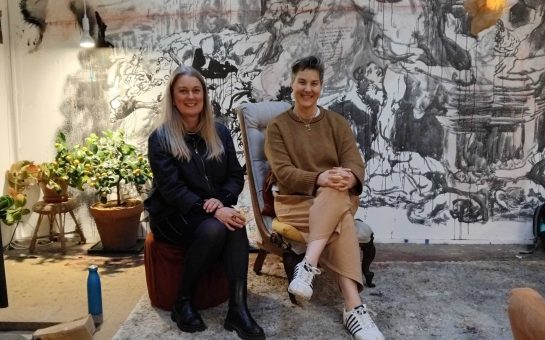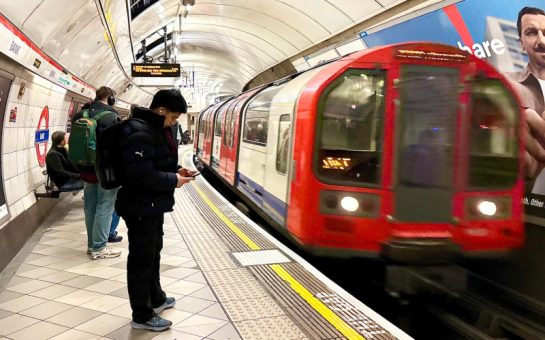London apprenticeships have seen a lack of change in diversity levels from 2019 to 2023, with more than three times as many white people accessing them compared to other ethnicities.
According to a new report from the Greater London Authority (GLA), which breaks down the data from the Department of Education, on average since 2019 nearly 68,000 more white people have started apprenticeships compared to Asian and Asian British people in London.
There has, however, been an increase in the number of non-white people accessing London apprenticeships.
The number of Asian and Asian British people accessing apprenticeships has risen by 1,670 since 2019, whilst the number of Black, African, Caribbean and Black British people has risen by 150 during the same time.
Even though in 2023 there were only 20 more white people accessing apprenticeships compared to 2019 due to a dip, its peak in 2021-22 saw over 12,000 more people accessing apprenticeships compared to Asian and Asian British, and over 13,000 compared to Black, African, Caribbean and Black British people.
This has led industry experts who represent these non-white ethnic groups to believe that this is making it harder for a diverse range of people to access apprenticeships in London.
Indra Nauth is the Programme Director for Action for Race Equality (ARE), a group that is working towards ending racial equality through education and enterprise.
Nauth said: “We are aware that there are still disparities for particularly young black and Asian people in accessing apprenticeships and the higher the level the harder that is for them.
“The sectors in which the higher-level apprenticeships are opening up are not always the sectors which are representative of young people, and some of those sectors are not as diverse.
“From what we know it isn’t that they don’t want to do the higher-level apprenticeships, it’s just the being able to access them.”
Learning difficulty accessibility
The same data also shows a lack of diversity in people with learning difficulties.
In the last four years more than 15,000 people with learning difficulties or disabilities (LLDD) have started apprenticeships in London, the data shows.
However, those figures are around eight times lower than those without learning difficulties or disabilities.
The number of people with an LLDD starting an apprenticeship has risen by 1,100 from 2019 to 2023, compared to a rise of 3,710 non-disabled people.
A spokesperson for Mencap, a charity that campaigns for people with learning difficulties, said: “While it is encouraging that more people with a learning disability or learning difficulty have started apprenticeships in London in the last four years, the numbers are still far too low.
“We are urging the Government to think differently about minimum requirements and enable more people with a learning disability to take on an apprenticeship.”
A banking apprentice, who wished to remain anonymous, is completing their studies with undiagnosed ADHD and is currently on the list for a diagnosis.
The student said that their ADHD intensifies issues already present in the apprenticeship.
They said: “You can’t get any support for anything unless you’ve got a diagnosis, but they also won’t help you get a diagnosis, it’s just carry on with the same system you’re on.
“There is someone I see every few weeks who tries to help me a bit, but without the diagnosis, there is a limit on what they can do.
“We have Zoom calls that are compulsory attendance. I am just there trying not to get too distracted, trying not to fall asleep, and I’ve not heard a word being said. They’re useless to me.
“There is always something bad for you, but I can’t even wrap my head around it, it takes me longer.
“Every time we get given an hour at a time at work and not just the six hours in one go I spend half of it just trying to force myself to focus.”
See the Department of Education data here.





